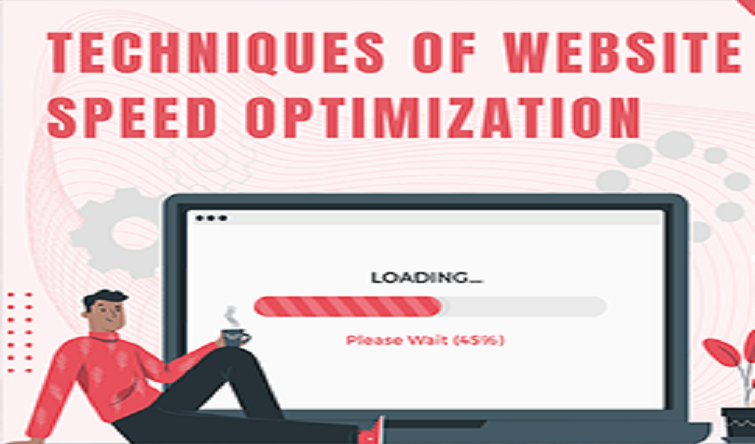
Techniques of Website Speed Optimization
The website speed makes the first impression about your business. It’s essential to understand that you won’t get a second chance when it comes to user experience. Low website speed is one of the most frustrating things that will turn people off about your resource.
High-performance websites results in high return visits, low bounce rates, higher conversions, engagement, higher ranks in organic search, and better user experience. Slow websites will cost you money and damaged reputation. By reducing the page load time you will positively impact marketing and sales processes. You’ll get higher traffic and attract more qualified leads that can be converted into customers. In this article, we will give you recommendations about how to improve your website performance and page load time.
Importance of website speed optimization
Page load time is a web performance metric that shows the time needed for a page to show on the user screen.
Let’s take a look at how the website speed optimization influences the key factors of website success:
- conversion
- visibility
- usability
Conversion. Website conversion is an important factor in your business success, which means getting your visitors to do what you want them to do. For instance, they will buy your product, subscribe to newsletters campaigns, register for a webinar, or download a guide.
The faster the page loads, the higher conversion rates it’ll have. According to the Hubspot research, 1 second delay means 7 percent reduction in conversions. For instance, a page slowdown of 1 second could cost Amazon $1.6 billion in sales each year.
Visibility. The load time of your website also influences how easily users can find your website. Website speed is one of the factors that Google takes into consideration when ranking sites. A low performing website has a poor user experience and as a result gains less promotion in search results. Since December 2017, the Google search engine has started ranking also based on mobile versions of pages, even for desktop searches. The goal of this decision is to protect users from the websites that have low performance and aren’t responsive to all devices.
Usability. Website usability like website page speed, load time, and website responsiveness to user requests directly impacts customer loyalty. The better your website performs, the more satisfied a user will be. A great user experience is a way for building a large customer base and a strong brand.








